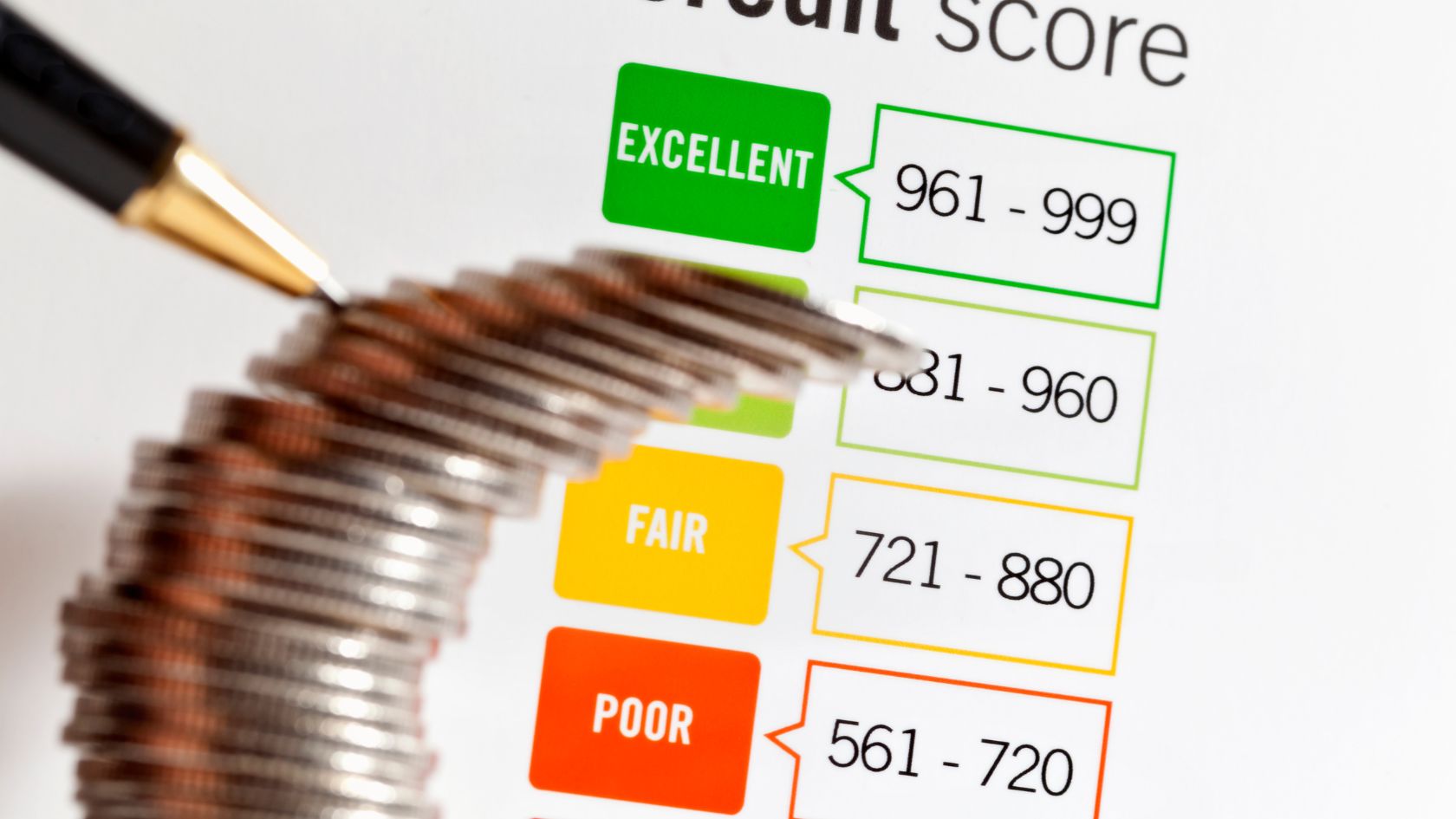Improving your credit score is not a complex process but an important aspect that will help you have good financial health. Lenders use it to determine how responsible you are with your credit and your eligibility to qualify for loans. A higher credit score will enable you to borrow at the lowest accessible interest rates. Also, it will allow you to be eligible for more credit cards with robust rewards programs and generous welcome offers.
There are different things you can start doing today and improve your credit score within the next few months. They include:

Pay Your Bills On Time
One of the most important things to do to improve your credit score is to pay your bills on time. The models used to determine credit scores consider the history of on time payments as one of the most influential factors. Major credit bureaus store your credit reports, which are then used to determine your credit score. If you are used to paying your credit card bills late, your credit report from these bureaus may not be good.
Your ability to pay your bills on time shows the lenders that you can borrow a loan and pay it back. These bills include your credit cards and others, such as utilities, medical payments, and student loan debt. Setting up reminders is the best way to remember to pay on time. Most card issuers and banks let their customers set up scheduled reminders through their websites, such as push notifications or email reminders.
Start paying your bills on time from today to ensure the history of on-time payments is good. The sooner you do it, the quicker the results. Don’t worry about your older and late credit payment penalties; as time passes, they matter less. Stay consistent and start paying immediately.
Review Your Credit Reports
Another crucial step is to check your credit history to determine what will work in your favor or against your score. Get a copy from each of the three major national credit bureaus: TransUnion, Equifax, and Experian. Ensure there are no issues in your credit report, such as signs of fraud, theft, or inaccuracies. Tackle any negative statements, such as ensuring you have paid old debts.
Other major creditor detractors it would help if you handled include high credit card balances, judgments, collections, and missed or late payments.
Limit Your Requests For New Credit And Their Hard Inquiries
Inquiries are classified into two, soft and hard. Soft inquiries won’t affect your credit score; they include allowing your potential employer or financial institutions you already deal with to check your credit. Checking your credit and allowing credit card companies you do business with to review your file also constitute soft inquiries.
However, hard inquiries can adversely affect your credit score from a few months to two years. Hard questions include an auto loan, mortgage, new credit card applications, or any other form of new credit. Occasional hard inquiries may not harm your credit score, but many of them within a short time can damage it. Banks will believe you’re a considerable risk and you’re borrowing because you’re in a difficult financial situation. Take a break and avoid applications for new credits if you want to raise your credit score.
Keep Old Accounts Open And Deal With Delinquencies
Avoid closing old accounts even if you’re no longer using them when you’re aiming to increase your credit score. You will appear as a more favorable credit candidate to your lenders if your average credit age is older. Your credit utilization ratio will increase, and available credit will reduce if you have a balance on your cards and have closed old credit cards. These will have the effect of knocking off your score.
Resolve your collection accounts, delinquent accounts, and charge-offs. Work harder to resolve an account with late or missed payments and ensure you pay your future payments on time. Your payment history will rise even though the payments will not get erased. You can also offer your creditor a settlement if you cannot pay your collection accounts or charge-offs in full.
Consider Consolidating Your Debts
If you have several outstanding debts, consider taking out a debt consolidation loan from a credit union or a bank to pay all debts. You will have several benefits, such as having just one loan to deal with, paying off your debts faster, and getting a lower interest rate. Your score will increase due to an improved credit utilization ratio.
Aim For 30% Credit Utilization Or Less
Credit utilization is a credit limit available for use at any time. You can calculate it by dividing the credit card balance by the total available credit. The best strategy to maintain lower credit utilization is to ensure your credit card balances are paid in full monthly. The good rule of thumb is to keep your credit utilization at 30% or lower. However, after you’ve managed to do that, you can work to keep it at 10% or less, which experts consider ideal for raising your credit score.
Another option to raise your credit utilization ratio is to ask for an increase in your credit limit. Most credit card companies allow their clients to request the credit card limit via phone or through their websites, even in less than a minute.
Become An Authorized User
Ask relatives or friends with an excellent on-time payment history and high credit limits to add you as an authorized user. This means you will have an added account to your credit reports and help your utilization score. This approach is also known as “credit piggybacking” and will enable you to benefit from the positive credit information of another person.
Make The Most Of A Thin Credit File
A thin credit file is a scenario where you don’t have adequate credit history to produce a credit score. However, there are ways you can use to fatten your thin credit file and get an excellent credit score. One method is using Experian Boost, which collects financial information not available in your credit reports, such as utility payments and banking history. There are also some renting reporting companies that you can use, such as RentTrack, to boost your score if you pay your rent on time.
Conclusion
Raising your credit score is vital, especially if you plan to apply for credit or a loan. If you start now, it will take several weeks or months to see successful results or turnaround. Also, you can get help from some reputable credit repair experts or companies. The sooner you improve your credit score, the sooner you will get positive results. No more wondering how to raise your credit score now. Use the above tips and improve your credit score.




